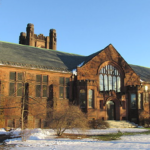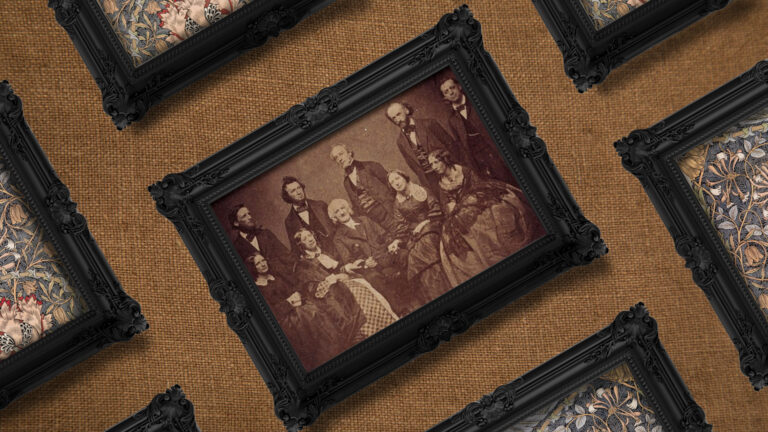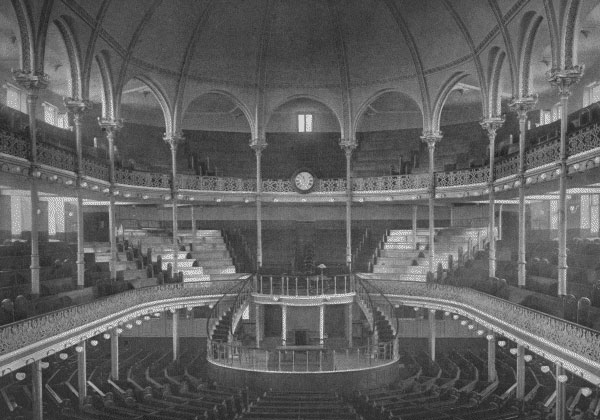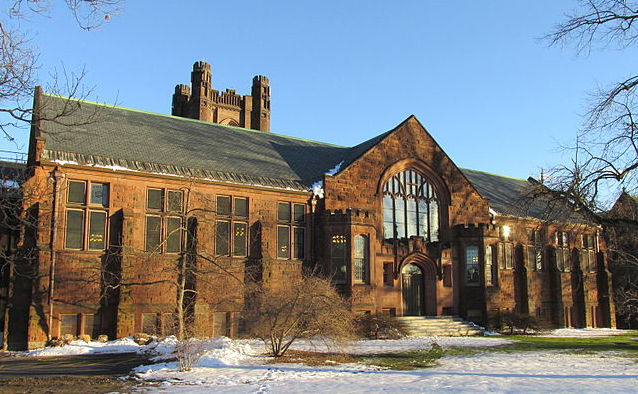I recently had a productive exchange at First Things with historian Molly Oshatz about the issue of diversity, intolerance, and hypersensitivity to disagreement at America’s elite colleges. It allowed me to test out a theory I’ve had for some time: Christian colleges and universities may be the best educational institutions today for fostering real political diversity.
Here’s the exchange:
Kidd: I commend Molly Oshatz’s “College Without Truth” for getting at the heart of the political hypersensitivity at so many elite colleges. The stated commitment to demographic diversity and the utter lack of ideological diversity are among the top reasons for higher education’s crisis of credibility today.
I wonder if Oshatz might have had a different experience in a setting other than San Francisco State University, however. You would be hard-pressed these days to find a university that does not identify “diversity” as a first-order good. But I suspect the touchiness about disagreement is not quite so frantic at many of the schools between the East and West coasts, especially at many religious institutions.
As a professor who has taught his whole career at Baylor, a Baptist university in Texas, I know that the diversity question can roil schools like ours, too. But I am also struck by the fact that many Christian colleges feature surprising levels of ideological diversity, even as we seek to unify around our common faith.
My theory is that if Christ is the center of a Christian university, that commitment can open the door for a real range of views on politics, because politics becomes a second-order priority. (Traditional seminaries, I would argue, are a different matter— there you must have stricter theological standards that tend to produce more uniformity in all areas of life and thought.)
At Baylor, I am definitely on the conservative end of the faculty’s spectrum of political views. But I am not alone as a conservative, and there are plenty of professors who are on the liberal end. The litmus test for being hired is not one’s politics, but (aside from academic qualifications) church involvement and an articulate faith.
Don’t get me wrong: We have our disagreements about ideological issues, too. But that’s my point: We have actual diversity of political thought here. What’s more, this diversity has emerged organically, without requiring any special “initiatives” to create it. Many Protestant and Catholic institutions that remain committed to their faith could say the same thing.
At least in the humanities and social sciences, universities can’t seem to get by without some kind of centering intellectual commitment. At most secular schools, that centering commitment is political liberalism. Thus ideological diversity is intolerable. At Christian universities, we can afford to have political diversity, because our centering commitment is faith in Jesus.
Oshatz: I thank Thomas Kidd for his insightful and encouraging response to my article. My own experience confirms his statement that “the touchiness about disagreement is not quite so frantic at many of the schools between the East and West coasts, especially at many religious institutions.” Before working at San Francisco State, I taught at Florida State University. Although FSU is of course not a religious institution, my classes there included many students with strong faith commitments who were able to bring their perspective to the classroom in appropriate ways. Perhaps even more importantly, their fellow students responded to these contributions with respect and civility. A politically, religiously, and ideologically diverse student body, as well as a faculty that did not see their job as one of indoctrination, made for an excellent teaching environment. So, as I too can attest, there do indeed remain universities at which one can devote oneself to the pursuit of truth rather than the pursuit of a political identity.
Yet Kidd is also correct that, in order to resist an insidious hyper-politicization and ideological sameness, all colleges and universities need a “centering intellectual commitment.” I can certainly see how a commitment to Christ could serve as such, as Kidd attests that it does at Baylor. However, it is also true that plenty of traditionally Christian colleges and universities have fallen prey to a creeping secularization that has left them nearly indistinguishable intellectually from institutions without Christian commitments. In the name of student and faculty diversity and other goods, Christian identity often gets watered down until it comes to mean no more than a vague commitment to “service” along with merely formal recognition of the institution’s religious affiliation. (I’m looking at you, Notre Dame.) To hold a uniform and politicized academic culture at bay, even Christian colleges and universities require an objective standard, which might as well be a theologically grounded, Christ-centered version of the same standard that should apply at secular universities: the pursuit of truth.
Finally, I appreciate Kidd’s observation that no “special initiatives” have been needed to protect political diversity at Baylor. In the long term, I hope the same is true for secular educational institutions. As a strategy for decreasing ideological intolerance and increasing civility and mutual respect, programs undertaken explicitly to increase the hiring and promotion of conservative and religious faculty members seem both impracticable and self-defeating. Far better that concerned students, faculty, alumni, and other friends of American higher education encourage and inspire colleges and universities to return to the pursuit of their true and highest purpose.
One more concluding thought – no educational institution can be purely unbiased, or offer absolute ideological balance in their classes. And like many secular institutions, many Christian colleges need to attend to issues like ethnic diversity on their faculty. But I wonder: in an age where elites say they value diversity more than anything, are Christian schools often the most diverse at the level of ideas?

















